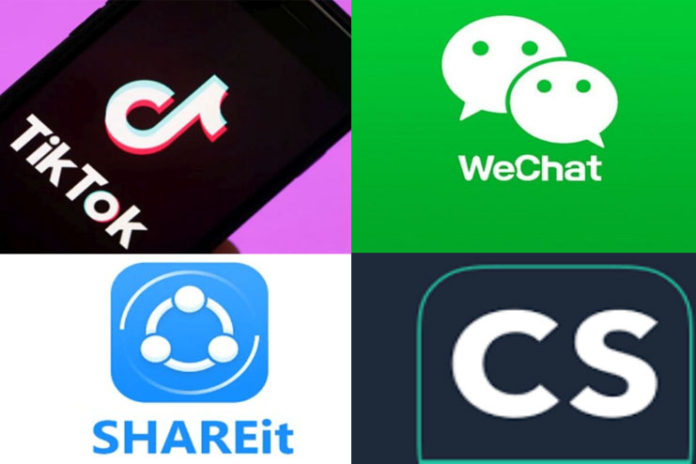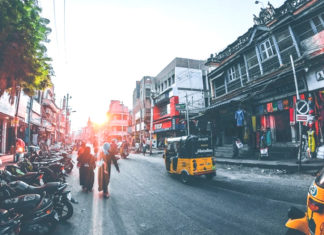Following the constant Indo-China war ongoing in the LAC in Ladakh in India, the Indian government has banned 59 Chinese applications, citing their first step towards an independent India.
China over the past decade had developed some of the alternative online reality for their where there is no interference from platforms like Facebook and Google. But, owing to the disruption, some of the largest tech operators in the country, Alibaba Group Holding to Tencent Holdings are now facing a constant taste of the shutout because of the imposed bans.
The sudden ban of the 59 applications that was implemented by India further posed a warning for some of the popular tech giants who have worked with the government to keep out majority of the U.S based applications.
In case India keeps going on with their ethics, it is likely that the same will further influence the countries around Europe to Southeast Asia to further curtail the pervasiveness of the applications, especially that of Tik Tok.
The sudden surprise of the ban suddenly hit the Chinese companies just as they were taking off. With the growing popularity of the same, they were en route to challenging the American tech industry supremacy.
But, India has jeopardized the progress, imposing further risks to their growth. This can also ignite multiple geopolitical consequences, especially in a time like this when U.S is already planning for the downfall of China following the Covid-19 pandemic. US has also been consistently working to bring down the Huawei Technologies and their 5G network.
“Techno-nationalism will manifest itself increasingly across all aspects of geopolitics: national security, economic competitiveness, even social values,” said Alex Capri, a Singapore-based research fellow at the Hinrich Foundation.
While Chinese firms have had a hard time replicating some of their online services beyond their home turf, it is likely that things can take a turn for the worse, especially now that India has banned so many applications, majority of the users being Indian in them.
It is currently unsure how this decision can be enforced in India, provided that one in six Indians have downloaded TikTok, which is one of the most popular Chinese application in use. India is likely working on clearing goods from China to move forward towards an independent India.
The sudden prohibition in India could also provide the American companies an edge over some of the Chinese players in the country. Even though the American applications have not been populous but is likely going to become even better.
“While Beijing is highly adept at economic coercion, in this case it has somewhat limited options to act in a reciprocal manner,” said multiple analysts.














































